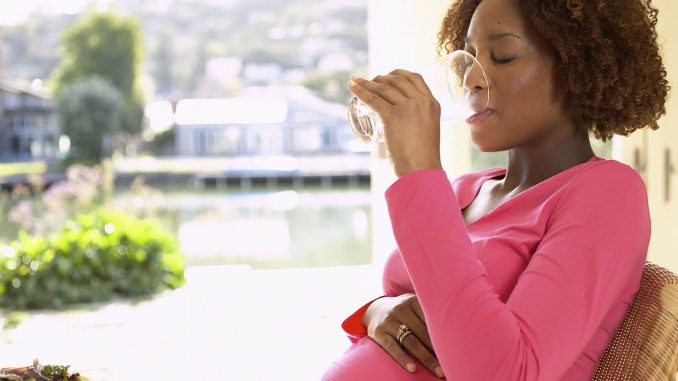
Your womb (uterus) is one of the most delicate and vital organs in your body. It plays a key role in fertility, menstruation, and overall reproductive health. Unfortunately, many women unknowingly expose themselves to habits and substances that can seriously harm their wombs. If you want to protect your ability to conceive and maintain hormonal balance, here are three critical things to avoid:..CONTINUE READING THE FULL ARTICLES HERE
1. Frequent Use of Unsafe Abortion Pills or Procedures
Repeated and unprescribed use of abortion pills can lead to severe uterine damage, internal bleeding, and infections.
Unsanitary abortion procedures can cause scarring inside the uterus, leading to infertility or chronic pelvic pain.
Always seek professional medical care when dealing with any pregnancy-related issue.
2. Unprotected Sex With Multiple Partners
This increases your risk of Sexually Transmitted Infections (STIs) like chlamydia and gonorrhea, which can silently damage the womb and fallopian tubes.
Untreated STIs may cause Pelvic Inflammatory Disease (PID) — a serious condition that can result in ectopic pregnancy or permanent infertility.
3. Overuse of Herbal Concoctions and Unregulated Vaginal Products
Many women use local herbs, “cleansing” mixtures, or steaming products without knowing their effects.
These unregulated substances can irritate or damage the uterine lining, disrupt natural pH levels, and cause dangerous infections.
Stick to medically approved treatments, and avoid inserting anything into the vagina that isn’t recommended by a healthcare provider.
Final Advice:
Your womb deserves protection. Avoid these harmful practices and adopt a healthy lifestyle. Regular check-ups, safe sexual habits, and avoiding self-medication can go a long way in preserving your reproductive health.
Protect your womb, protect your future.
Kindly Follow Our WhatsApp Channel
Disclaimer: This content including advice provides generic information only. It is in no way a substitute for a qualified medical opinion. Always consult a specialist or your own doctor for more information. NEWSHOUR does not claim responsibility for this information.
